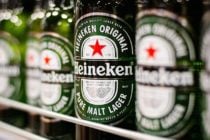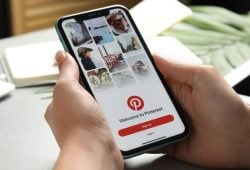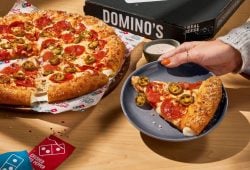
Born at the peak of technological innovation, Gen Z consumers are digital natives. This generation also spends most of its time interacting with the metaverse. This is thus a perfect place for brands like Heineken to meet zoomers. With a disposable income of over USD$113, 000 annually in the US alone, it’s no wonder most brands want a piece of this cake.
But Heineken also understands the value that this generation places on sustainability. They don’t blindly follow quirky slogans and adverts. A Zoomer will choose a sustainable product or service over one from a popular brand any day.
Several Heineken executives graced this year’s Cannes of Lions Festival. Bruno Bertelli, one of the company’s CEO, said the company is focusing on making the world a better place through sustainability.
This article looks at how Heineken has remained relevant through innovation and sustainability. It has also continued to appeal to the younger generation.
Heineken Strategies That Appeal to Zoomers
The beer company appeals to this generation’s tastebuds through these four strategies:
- Launching a virtual beverage in the metaverse
- Brewing lighter-tasting beer
- Using humor in its marketing campaigns
- Focusing on sustainability
Tech-focussed campaigns always catch the attention of young consumers. But at the end of the day, zoomers will always make sustainable purchasing decisions. So, innovation and sustainability are at the forefront of Heineken’s business venture.
How Heineken Has Leveraged the Metaverse
Heineken uses metaverse technology in its campaigns to target young drinkers.
The beer company used irony and humor to launch its first virtual drink. While it doesn’t make sense to drink a virtual bear, Heineken found a way to leverage the metaverse. It launched Heineken Silver, the world’s first virtual beer that is less bitter and with a more refreshing taste. A perfect product and platform to reach most zoomers.
But this digital beer did not quench the zoomers’ thirst. Soon after, Heineken launched an IRL (In real life) metaverse bar in London.
This bar guarantees attendees no beer! That’s usually to remind them of the importance of a real in-person experience. Although the metaverse is the new buzz, you can only enjoy some things, like beer, through real life, and with real friends.
The beer company rewards those who take the time to experience the IRL metaverse bar. They get access to a special and extra fresh experience (next door) to celebrate real-life moments over real beer.
This surreal launch of the first virtual beverage generated media and influencer interest. The campaign garnered close to two billion impressions.
Heineken on Sustainability

73% of zoomers are willing to pay more for sustainability.
The beer company has made it one of its core values to “be responsible for our planet.”
In its net-zero campaign, Heineken is committed to reducing its carbon footprint to zero by 2030. It’s doing so through initiatives such as investing in renewable energy sources. Wind and solar power are examples of such renewable sources. It’s also making changes to its packaging, which helps them reduce waste.
Heineken offers dispensers on subscription to pubs that have embraced technologies that reduce carbon by fifty percent and water usage by thirty percent. It has also been involved in sustainability projects such as “Brewing a Better Vietnam” and the Heineken Greener Bar.
Heineken’s beer portfolio and sustainability strategy have earned the beer company significant loyalty among zoomers and millennials. To keep them engaged, initially, the company used these three strategies:
- It showcased its green initiatives through its communications and marketing expertise
- It kept its commitment rooted in its brands
- It ensured it was always sparking new conversations among its consumers
But zoomers and millennials are not captivated by politics. Brands that over-communicate their green initiatives should focus on making a difference in society. Over-communication comes off as green-washing and a lack of transparency. Heineken believes actions must back its sustainability efforts to capture the attention of zoomers and millennials.
Bottomline
For most brands, remaining relevant during the Covid 19 pandemic has not been easy. But it’s key to ensure that stakeholder interests are aligned, and innovation remains at the core of the business.
Today, sustainability remains the key driver of innovations. For brands like Heineken, which take sustainability and innovation seriously, the costs associated with running their business go down due to reduced inputs. At the same time, additional revenues are generated from the new opportunities discovered along the way.
Compared to other generations, Zoomers like sustainability. So brands that target younger consumers would benefit from integrating it into their strategies.
Sustainability is a corporate social responsibility for most brands separate from their core business objectives. But for Heineken sustainability is core to its business with a determination to “Brew a better world” for younger consumers.










